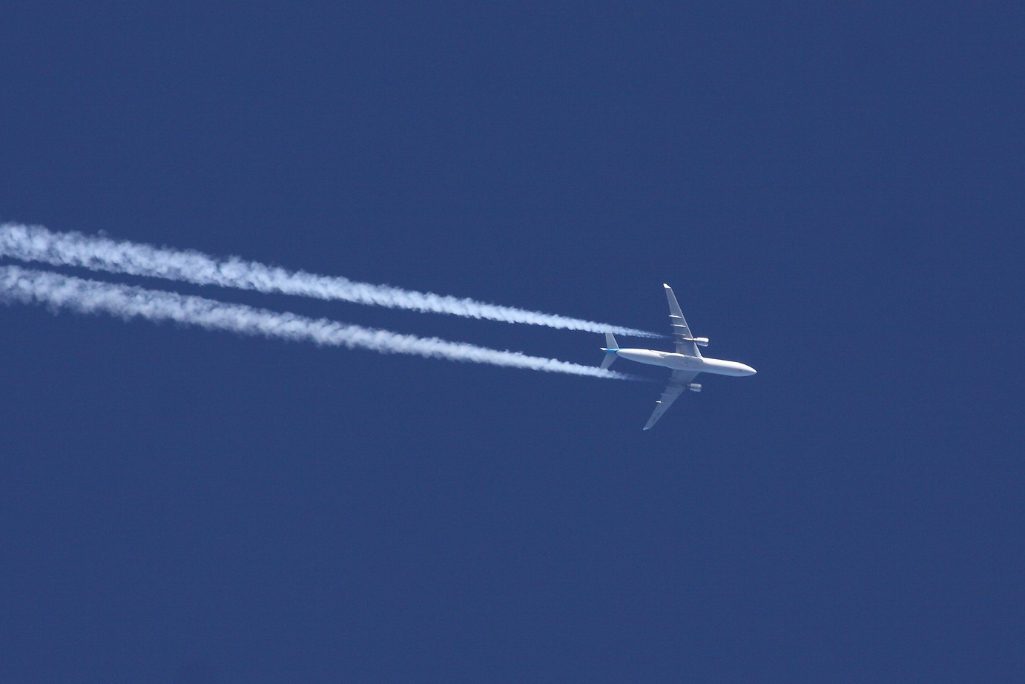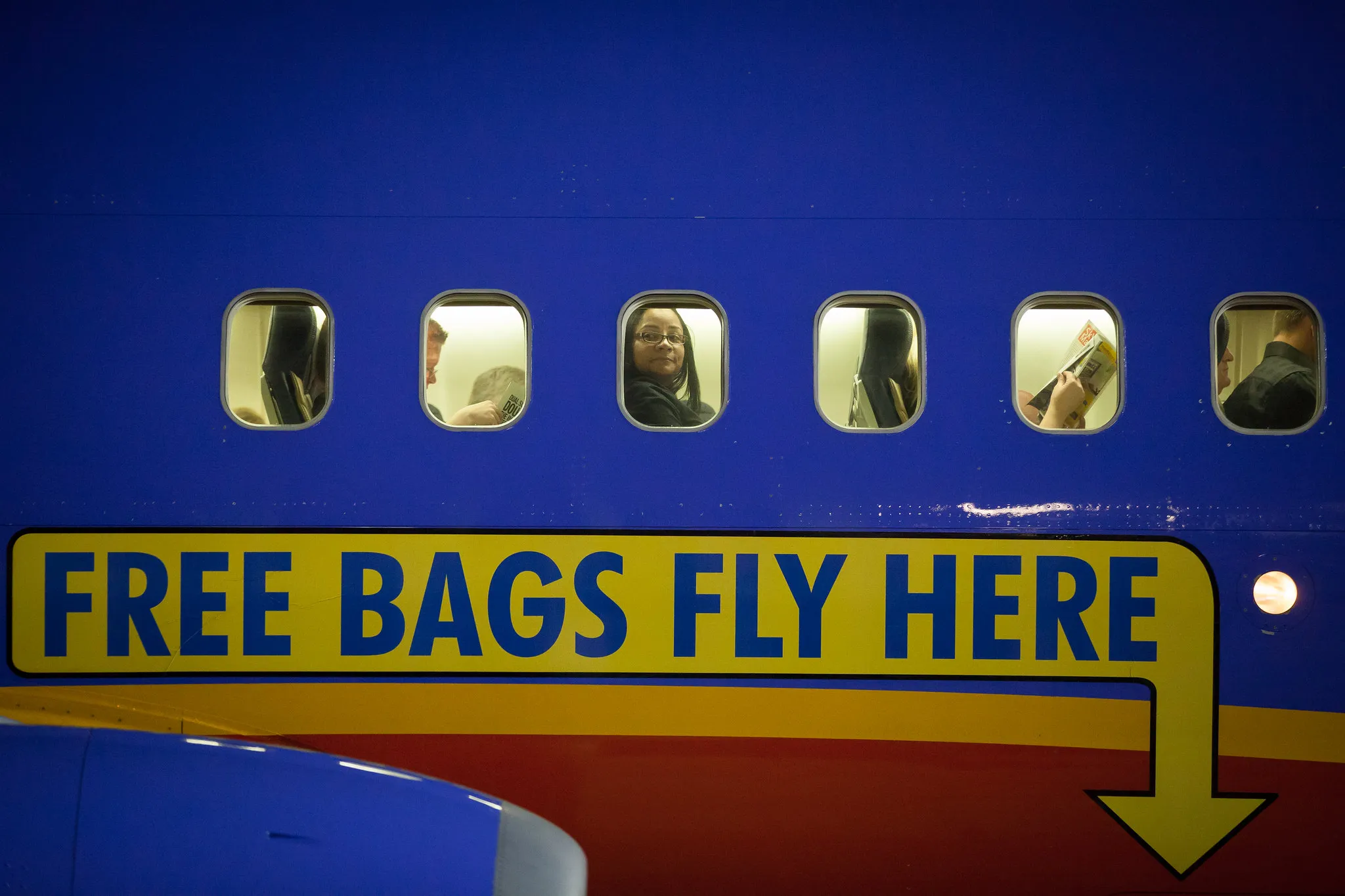Flyers Not Willing to Pay Extra for Green Travel on Airlines

Skift Take
A new scientific study has slammed the effectiveness of airline carbon offsetting schemes in combatting climate change.
The “observational field study” looked at 63,520 bookings made with a European airline to gauge actual willingness-to-pay for carbon dioxide compensation.
It found that passengers were largely unwilling to offset their flights, as just 4.46 percent of bookings included the compensation. The data was collected between August 2019 and October 2020, and contained all bookings made directly on the airline’s website, which was about 20 percent of all sales during the period.
As a result, the authors raise skepticism about the degree to which voluntary offsetting works, from a consumer perspective: “Quite obviously, our data allow the conclusion that adequately offsetting one’s own emissions does not seem a behavioral priority for most passengers.”
Offsetting schemes are becoming popular, with sustainability a key battleground where airlines can compete for customers.
Carbon offsetting is a way for individuals to "neutralize" their proportion of an aircraft’s carbon emissions on a particular journey by investing in carbon reduction projects, according to the International Air Transport Association. Some 30 member airlines operate an offset program either integrated into their web-sales engines or to a third party offset provider.
'Extreme Difference'
The study also raises caution about the effectiveness of offsetting schemes — even if everyone does decide to pay. Airlines offer relatively small charges that have little impact anyway on reducing the environmental impact, the report states.
"Our pre-registered study shows that the median willingness-to-pay to voluntarily offset a ton of carbon dioxide from flight-related emissions is zero, with the mean willingness-to-pay being around €1 ($1.14). Aggregated voluntary willingness-to-pay thus dramatically falls short of current prices to offset carbon dioxide, for example through the European Union Emissions Trading System."
The carbon price in the Emissions Trading System reached more than €90 in December 2021, it added. "This extreme difference between voluntary payments and actual carbon prices shows how such voluntary offsets are likely not a meaningful element to internalize the cost resulting from pollution."
The scientific study, called "Willingness-to-pay for carbon dioxide offsets: Field evidence on revealed preferences in the aviation industry," has been published as part of a Global Environmental Change series of reports.
Change may be ahead, however. In December 2020, United Airlines announced a “multimillion-dollar investment” in a direct air capture and sequestration project. Carbon sequestration involves taking carbon dioxide out of the atmosphere and storing it, either underground or in vegetation. CEO Scott Kirby said at the time that "carbon offsets may feel good in the short term but the math just doesn’t come close to adding up."
The aviation industry is also doubling down on initatives linked to sustainable aviation fuel.
A Decade Late?
Meanwhile, another report from an association that collects corporations’ carbon data suggests many are falling short of their climate pledges.
CDP, a global disclosure system for companies, cities, states and regions to manage their environmental impacts and for investors or purchasers to access environmental information for use in financial decisions, published its latest Supply Chain report on Thursday. It analyzed environmental data disclosed through CDP in 2021 from 11,400 corporate suppliers.
"The data is telling us what we know in stark terms. Most companies are not engaging with their suppliers to take action on climate change, deforestation, and water security," said one of its authors, Sonya Bhonsle, global head of value chains and regional director corporations, in a social media post. "That's hampering the rate of change. At the current pace, another decade is required to ensure that all suppliers reporting in 2021 set any climate target, let alone a science-based target."
Skift’s in-depth reporting on climate issues is made possible through the financial support of Intrepid Travel. This backing allows Skift to bring you high-quality journalism on one of the most important topics facing our planet today. Intrepid is not involved in any decisions made by Skift’s editorial team.




